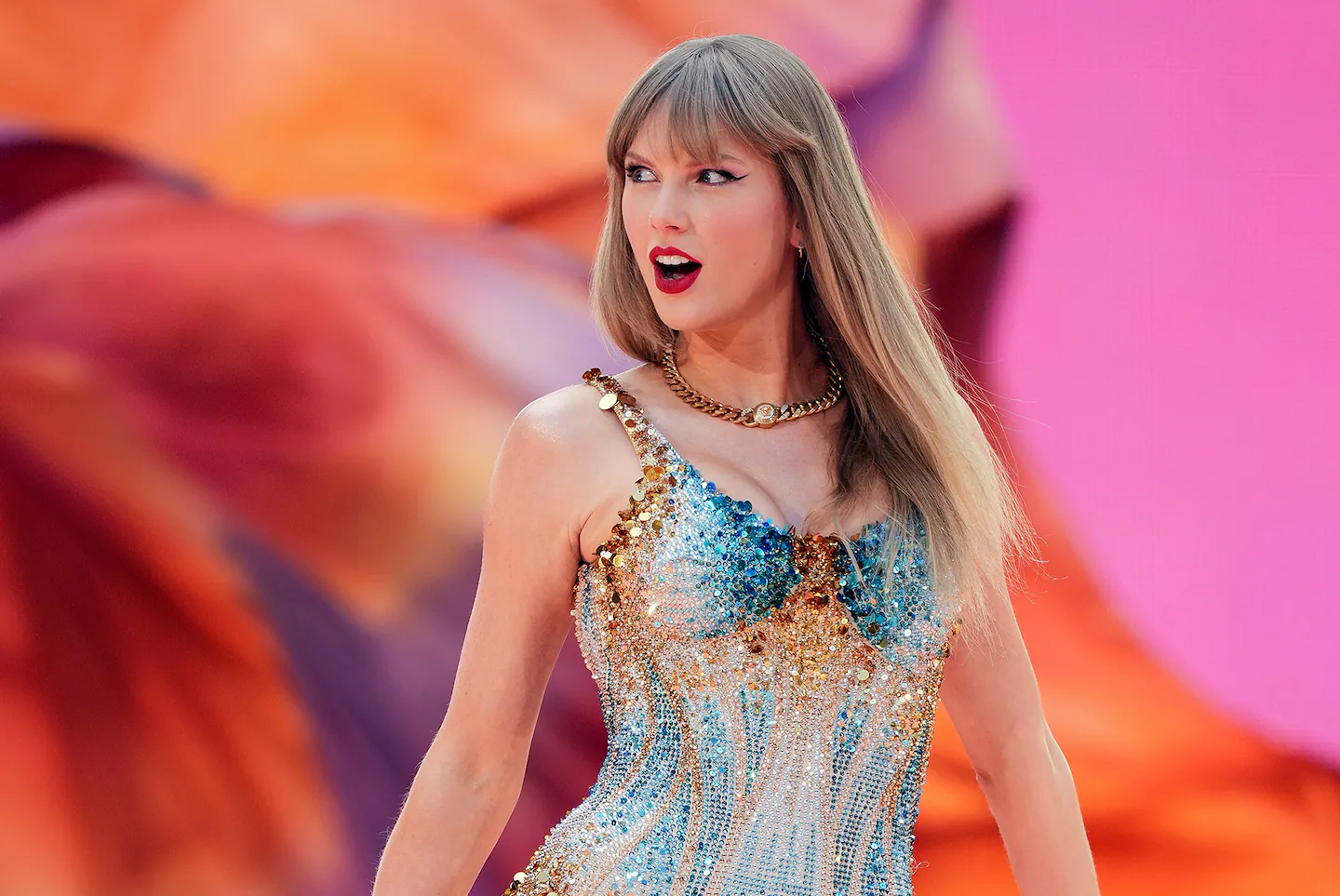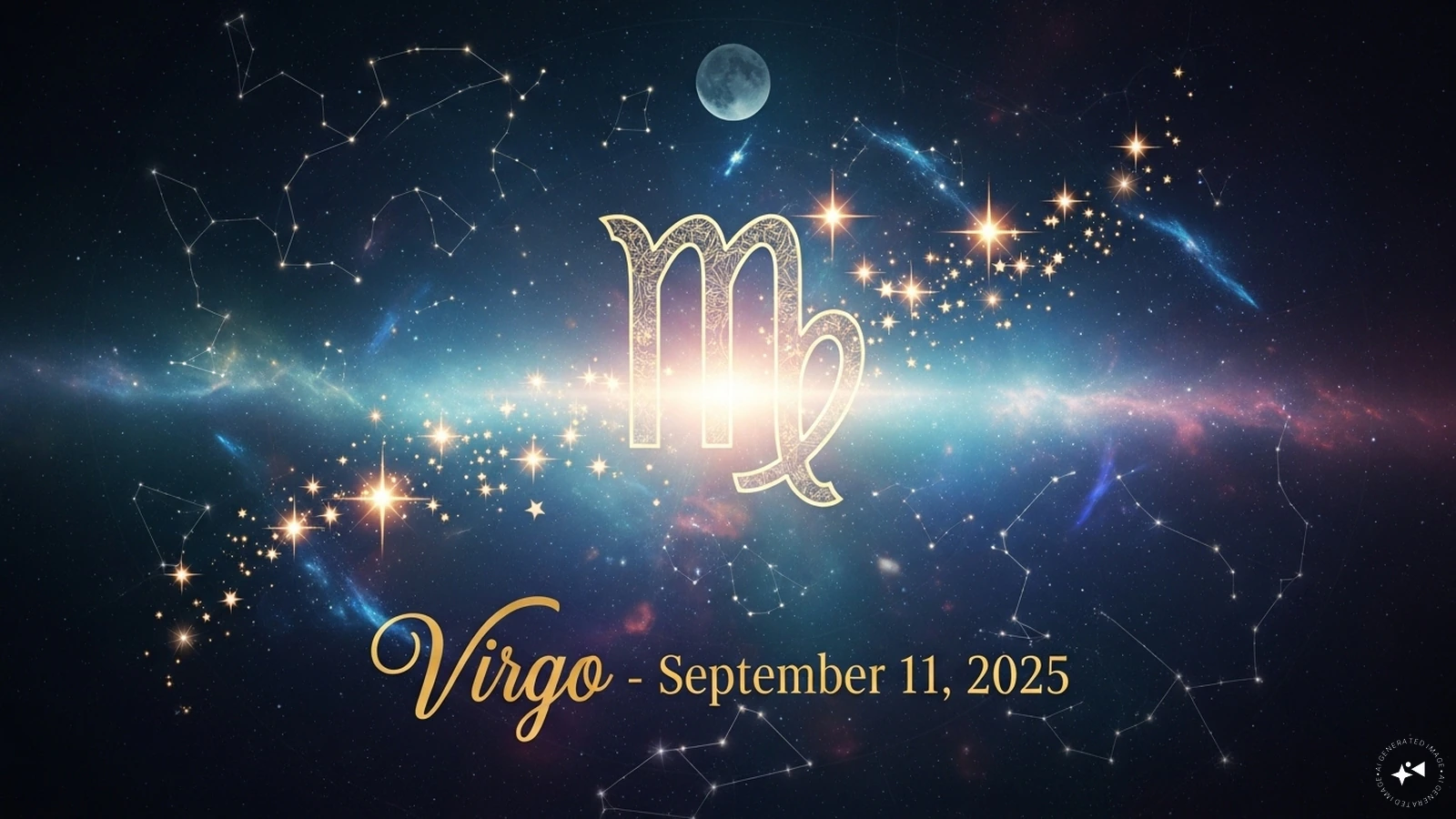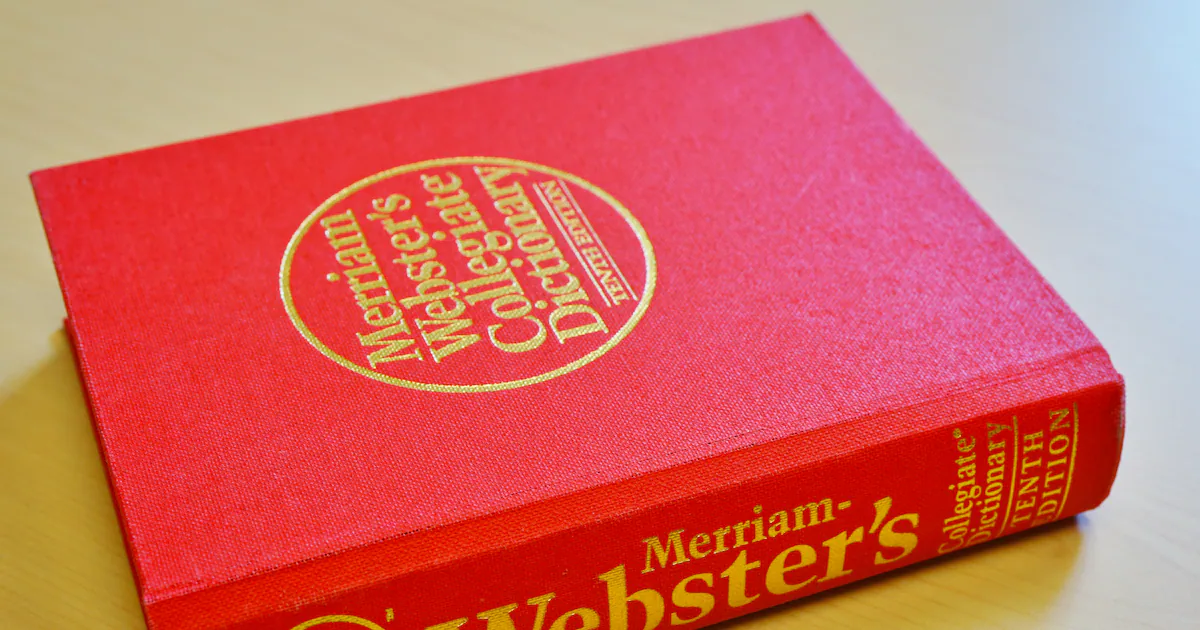
Swift, in contrast, seems to be the patron saint of basic white-girl culture: sequins, glitter, friendship bracelets, social media odes to pumpkin spice lattes. She doesn’t seem to challenge the status quo; she seems to embody it.
In other words, Taylor Swift is uncool.
But after two years writing “There’s Nothing Like This,” my book chronicling Swift’s nearly two-decade career, I’ve come to believe that her refusal to chase coolness is what makes her endure.
Critics often argue that Swift’s relatability — she has always seemed like a friend you could sip mimosas with — is central to her allure. But her relatability only scratches the surface.
Take her songwriting. Her radio hits — “Bad Blood” and “Shake It Off” — are built for dominance. But her deep cuts are something else: intimate, almost uncomfortable (and uncool) confessions most of us would never let leave our lips.
Some of her 2024 album “The Tortured Poets Department,” for example, grapples with the heartbreak of a brief relationship that left Swift reeling. “I might just die,” she sings in “Down Bad,” “it would make no difference.” In “loml” — short for “love of my life” — Swift addresses her ex in a tone both somber and sweet: “I’ll see it until I die, you’re the loss of my life.” And in “My Boy Only Breaks His Favorite Toys,” she laments, “Told me I’m better off, but I’m not, I’m not, I’m not.”
In these songs, Swift sings directly and earnestly, capturing the raw feeling of heartbreak, with all its melodrama. These songs aren’t detached or cool. They’re painfully messy and vulnerable, and that refusal to smooth the edges is what gives them their power.
“The Tortured Poets Department” was released after her brief, very public relationship with Matty Healy, the frontman of the British band The 1975. Although it would be reductive to call TTPD a “Healy album,” his ghost looms over many songs. As she confesses in “Down Bad,” “They’ll say I’m nuts if I talk about the existence of you.” And she goes there anyway.
If Swift’s honesty makes her uncool, so does the way she sells it.
The rollout of her latest album, “The Life of a Showgirl,” which will be released Oct. 3, is a prime example. When she announced the album on the “New Heights” podcast, which her fiance Travis Kelce cohosts, Swift talked up sourdough starters and dropped puns pulled from her own lyrics. Her engagement announcement, too, with its flowered background, seemed like it was plucked from a rom-com, a genre long dismissed as sappy.
Then she and her team went full big-brand, launching website countdowns that ended with limited-edition vinyl releases. The ploy encourages fans to buy multiple copies of the same record. To monetize the release even further, she partnered with movie theaters for listening parties. Capitalism for the win.
Yes, Swift’s approach can feel more capitalistic than cool, but it works because she has built a fiercely loyal fan base. In the end, her greatest asset isn’t her catalog or her business acumen, it’s the trust of millions who believe her stories are worth living inside.
In business terms, Swift is customer-obsessed. She operates by the credo that every event and release must surprise and delight her fans in new ways. And she often over-delivers.
After dropping her 2022 album “Midnights” at midnight — of course — she followed up a few hours later with an EP’s worth of surprise songs. With “The Tortured Poets Department,” she unveiled an additional album’s worth of tracks. And for the Eras Tour, she staged a career-spanning show that ran more than three hours and featured more than 40 songs, when a two-hour greatest-hits set would have been more than enough to wow most fans.
If Swift’s emotional songs serve as the lure, it’s grand gestures like these that hook her fans. That is why she endures: She has built a career on being uncool enough to care.
And in an industry where music itself has been devalued, where streaming pays fractions of a cent and careers flame out as quickly as they begin, her staying power is remarkable.



